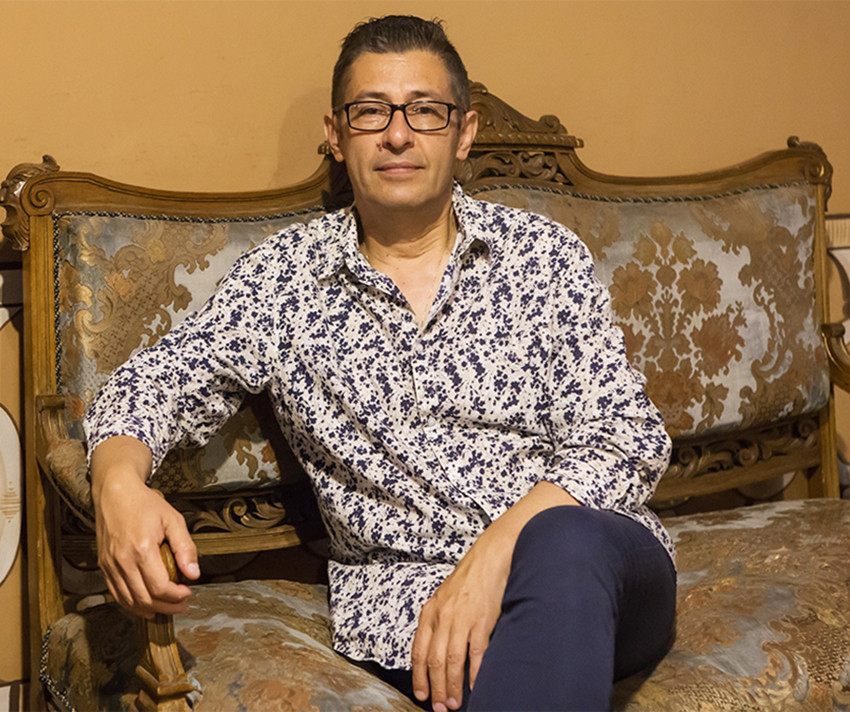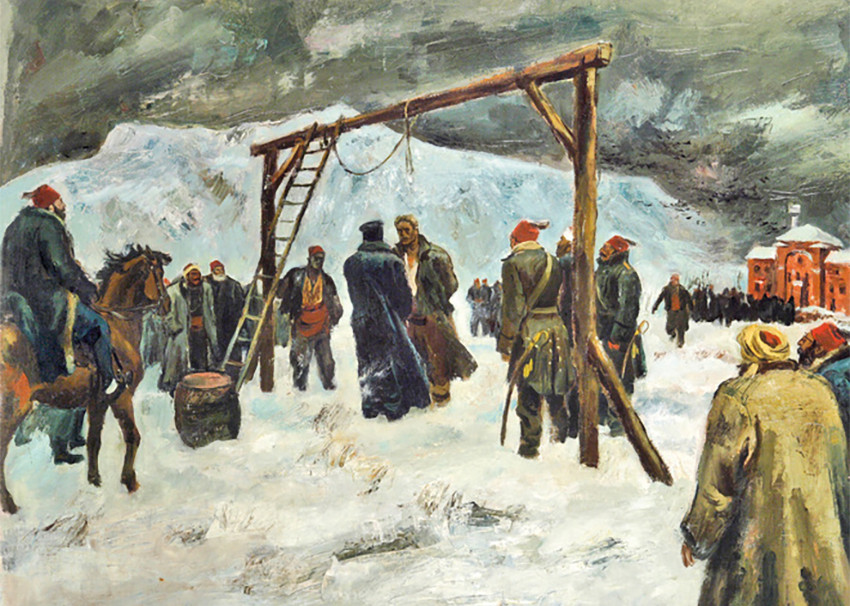"It's bitter cold, wood and stone are cracking, we've been with no food for two or three days, yet he sings and is always cheerful! In the evening - before we go to bed - he sings; in the morning, as soon as he opens his eyes, he sings again" - this is how Bulgarian poet and revolutionary Hristo Botev describes his close friend Vasil Levski, whom he described as an "unheard-of character" - "When we are in the most critical situation, he is just as cheerful then, as when we are in the best of situations".
According to other contemporaries of the Apostle of Bulgarian Freedom as Vasil Levski is lovingly called, even when he was traveling on his committee business, Levski constantly sang and adapted lyrics and songs to melodies already familiar to him.

"Personally, I have always thought that Levski's notebook is part of his spiritual heritage. We can find many things there. But it was a real surprise to me, many years ago, that the lyrics of popular songs of that time were written there. Songs that were sung, songs that he used to sing, and this is truly part of his inner spiritual world," Spassov commented.

"The elderly woman who tells the story of Raina Katsarova is called Grandma Petkana Hashova. She sang this song in Turkish. After that, Raina Katsarova recorded it in the Bulgarian National Radio as a keepsake, and in fact, when we were making the big film of the Bulgarian National Television entitled "The Songs of the Apostle, we translated this song into Bulgarian. It has a very strange, dramatic text - "Don't sing, nightingale, I have time, I am not in a hurry. I have neither a mother nor a father, don't sing, don't hurry, nightingale...". This is the message, really quite sad, sacred at times. But it's really strange, if you listen to it in the original, it sounds like a typical old Turkish folk song, in the whole style of a Turkish folk song. When the colleagues from the Turkish editorial office of the Bulgarian National Television translated it and we recorded it with accompaniment, it became Bulgarian. Because these songs here, in the Balkans, have a lot in common, but they also have a lot of differences.
For decades, a misguided notion has persisted in the histories of Bulgarian classical music – that the country still had catching up to do with Europe and the wider world. Such a view is not only misleading, but it does a grave disservice to..
Kalina Andreeva and Yoana Andreeva have been involved with music literally their whole lives. Although they have a classical musical education, as daughters of the singer, conductor and vocal pedagogue Neli Andreeva and the conductor, composer,..
Two young girls - Elisaveta Tasheva aka eleeza and Rada Ilieva - have been singing since they were little, but also create their own original songs. Now, united by their common views on music, they present their joint song "What divides us". The music..
The European Music Festival held in Sofia offers several bright events for music lovers in the autumn series of its 25th edition. From mid-October to..
Papi Hans heats up the chilly autumn with his new song — the hot Latin bachata “Nevinna” (Innocent). It comes after a series of ballads and is the first..

+359 2 9336 661
